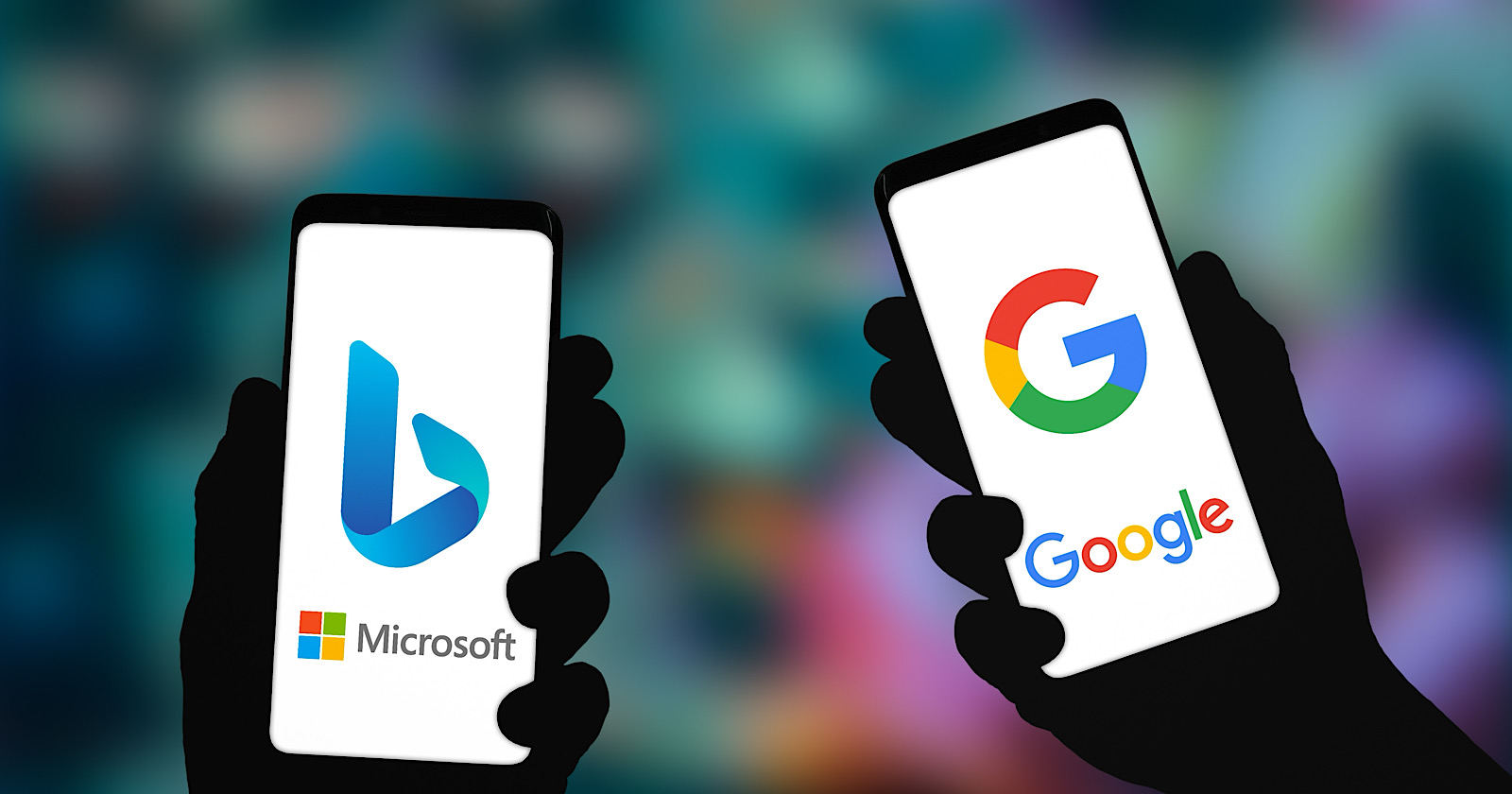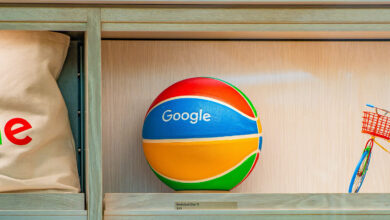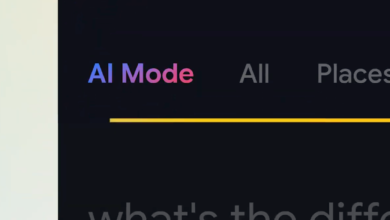33% of Google Users Stuck with Bing After a Two-Week Trial: Study
A study found that 33% of Google users continued to use Bing after trying it for two weeks. This challenges the prevailing notion about search engine preferences and Google’s market dominance.
The research, published by the National Bureau of Economic Research, suggests Google’s market share isn’t just because it’s better. Many users haven’t tried alternatives.
The study was initially published in January but flew under our radar at the time. Hat tip to Windows Central for surfacing it again recently.
After reviewing the study, I felt it deserved a closer examination. Here are the findings that stand out.
Google’s Market Power: More Than Just Quality
Researchers from Stanford, MIT, and the University of Pennsylvania tested 2,354 desktop internet users to understand why Google holds about 90% of the global search market.
They looked at several possible reasons for Google’s dominance:
- Better quality
- Wrong ideas about competitors
- Default browser settings
- Hassle of switching
- Users are not paying attention
- Data advantages
While many think Google wins purely on quality, the research shows it’s not that simple.
The researchers challenge these claims with their findings:
“Google, however, maintains that its success is driven by its high quality, that competition is ‘only a click away’ given the ease of switching, and that increasing returns to data are small over the relevant range.”
The “Try Before You Buy” Effect
One key finding stands out: after being paid to use Bing for two weeks, one-third of Google users continued to use Bing even after the payments stopped.
The researchers found:
“64 percent of participants who kept using Bing said it was better than they expected, and 59 percent said they got used to it.”
The study further explains:
“Exposure to Bing increased users’ self-reported perceptions of its quality by 0.6 standard deviations.
This represents “a third of the initial gap between Google and Bing and more than half a standard deviation.”
This suggests people avoid Bing not because it’s worse, but because they haven’t given it a fair shot.
Challenging Common Beliefs
When Google users were asked to choose their search engine (making switching simple), Bing’s share grew by only 1.1 percentage points.
This suggests that default settings affect market share mainly by preventing users from trying alternatives.
The authors state:
“Our results suggest that their perceptions about Bing improved after exposure. Default Change group participants who keep using Bing do so for two reasons. First, like Switch Bonus group participants, their valuation of Bing increases due to experience. Second, some participants may continue to prefer Google but not switch back due to persistent inattention.”
Analysis of Bing’s search data showed that even if Microsoft had access to Google’s search data, it wouldn’t dramatically improve results.
The researchers concluded:
“We estimate that if Bing had access to Google’s data, click-through rates would increase from 23.5 percent to 24.8 percent.”
The EU requires Google to display users with a choice of search engines, but this study suggests that such measures won’t be effective unless users try the alternatives.
The researchers add:
“Driven by the limited effects of our Active Choice intervention, our model predicts that choice screens would increase Bing’s market share by only 1.3 percentage points.”
How They Did the Research
Unlike studies that ask people questions, this one used a browser extension to track real search behavior over time.
The researchers split users into groups:
- A control group that changed nothing
- An “active choice” group that picked their preferred search engine
- A “default change” group paid to switch to Bing for two days
- A “switch bonus” group paid to use Bing for two weeks
They also measured how users’ opinions changed after trying different search engines. Many users rated Bing higher after using it.
What This Means
These findings suggest Google’s advantage comes from exposure, not just from being technically superior.
Current legal cases against Google may not have a significant impact unless they encourage more people to try alternatives.
The researchers conclude:
“Our results suggest that regulators and antitrust authorities can increase market efficiency by considering search engines as experience goods and designing remedies that induce learning.”
This research comes as Google faces legal challenges in both the US and the EU, with courts considering ways to increase competition in the search market.
For search marketers, the study suggests that Google’s position may not be as secure as many think, although competitors still face the challenge of persuading users to give them a try.
Featured Image: gguy/Shutterstock




